Edtech unicorn Guild Education has built a platform, Next Chapter, to enable laid-off workers to reskill and access career services and new job opportunities, in an acquisition deal valued at over $80 million. Via the new platform, furloughed workers can take certificates in digital marketing or accounting, and connect with hiring partners such as Walmart, Lowes and Chipotle. The new platform boasts a 96.5% satisfaction rate from workers, with success stories – such as cashiers transitioning into healthcare roles – in their thousands.
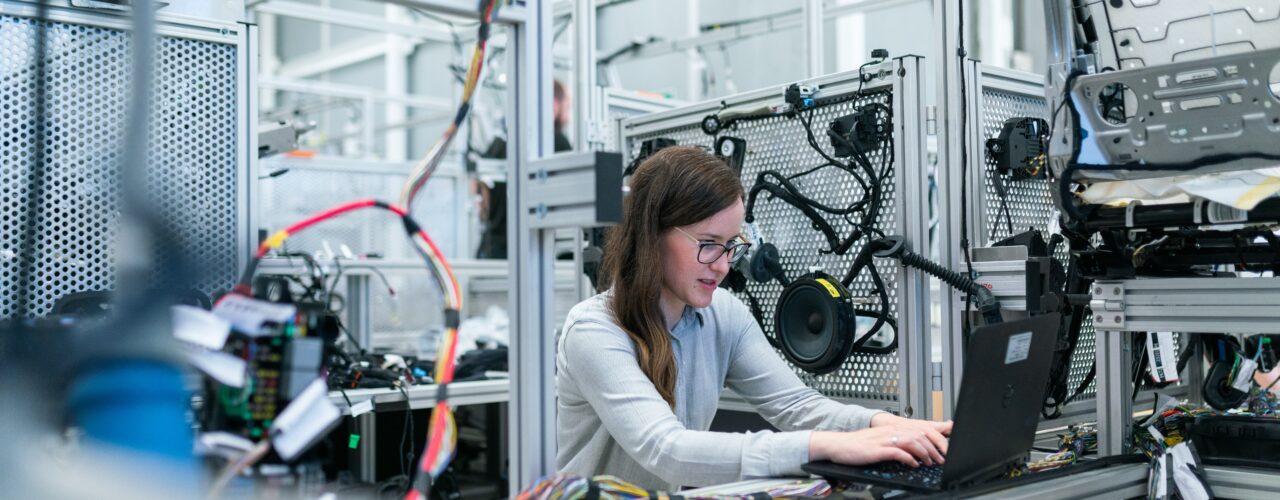
Guild, founded by Rachel Carlson, started out by rethinking employers as the next university. Large employers were often prepared to pay to skill up their workforce, but workers still faced barriers such as access to education opportunities and out-of-pocket costs. Carlson saw a way to connect companies with tailor-made degree programs at non-profit universities: the employer covers the costs, boosting its capacity to attract, retain and upskill its workforce, while the employees avoid burdensome student debt.
So what?
As Carlson explains in an interview with Forbes, when she started talks with Entangled Group, she was preparing for the impact of a global recession: a great example of how anticipating one future scenario helped her innovate in the face of another.
COVID-19 has seen record unemployment rates, from the Philippines to the US, and has closed school and college campuses, instigating a surge in online education. Taking on large levels of student debt has never been so unappealing. Fundamental questions now beg to be addressed: what’s the ideal relationship between education and the labour market? When’s the best time to study? How can education best prepare us for markets facing ongoing flux? And – crucially – what do we want from a job, and how can our working lives better support our wellbeing?
Start-ups like Next Chapter aren’t just benefitting from a one-off chance to rethink the education-employment conundrum: they’re trialling new systems that could be transformative.
Photo by Nick Morrison on Unsplash
Sources
-
 Guild Education Makes First, $80 Million Acquisition To Build Out Job Marketplace Amid Covid-19 Layoffs https://www.forbes.com/sites/alexandrawilson1/2020/05/19/guild-education-makes-80-million-acquisition-to-build-out-job-marketplace-amid-covid-19-layoffs/
Guild Education Makes First, $80 Million Acquisition To Build Out Job Marketplace Amid Covid-19 Layoffs https://www.forbes.com/sites/alexandrawilson1/2020/05/19/guild-education-makes-80-million-acquisition-to-build-out-job-marketplace-amid-covid-19-layoffs/ -
 How Guild Education is making continuing education a workplace perk https://www.fastcompany.com/90490028/how-guild-education-is-making-continuing-education-a-workplace-perk
How Guild Education is making continuing education a workplace perk https://www.fastcompany.com/90490028/how-guild-education-is-making-continuing-education-a-workplace-perk

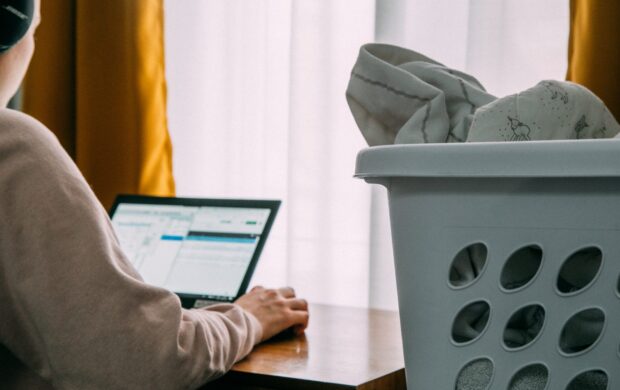




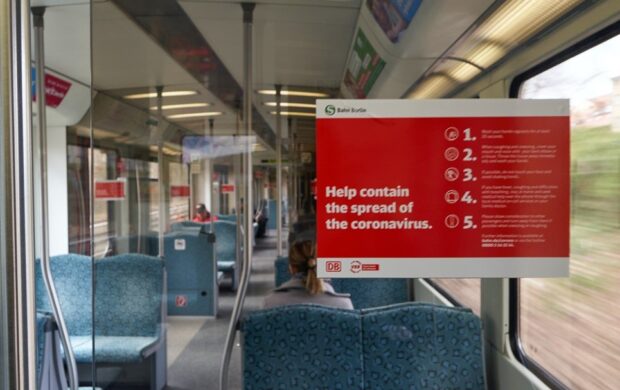


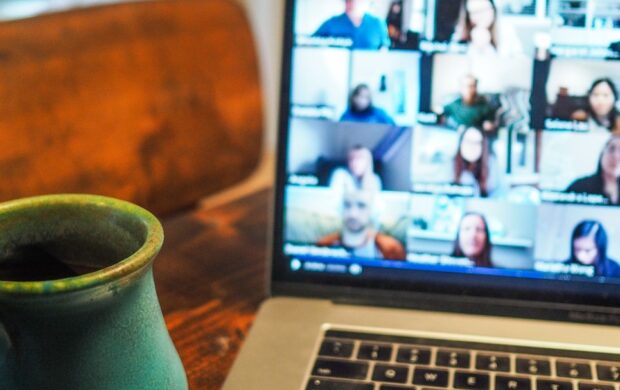



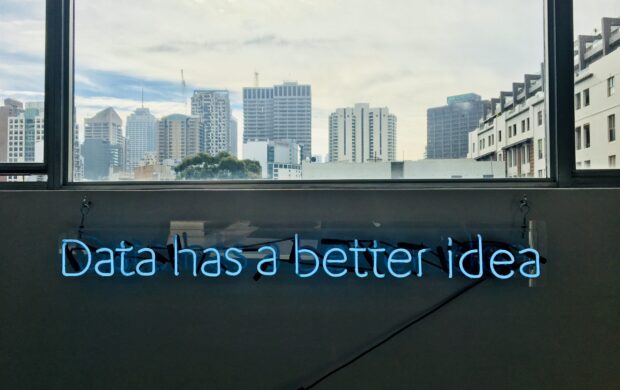



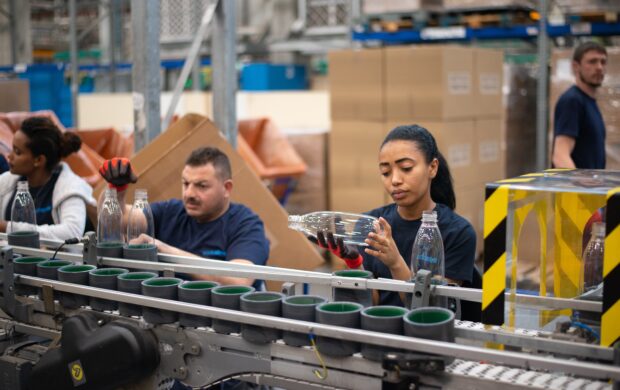
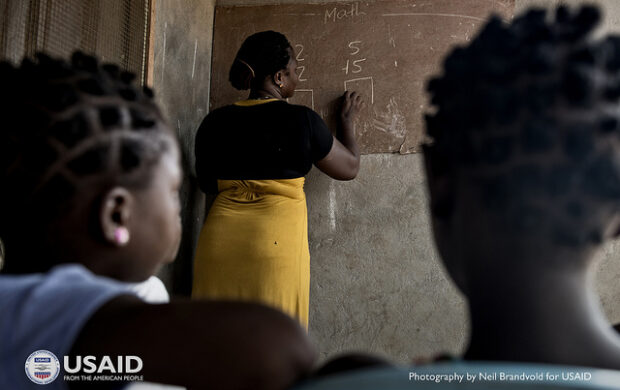

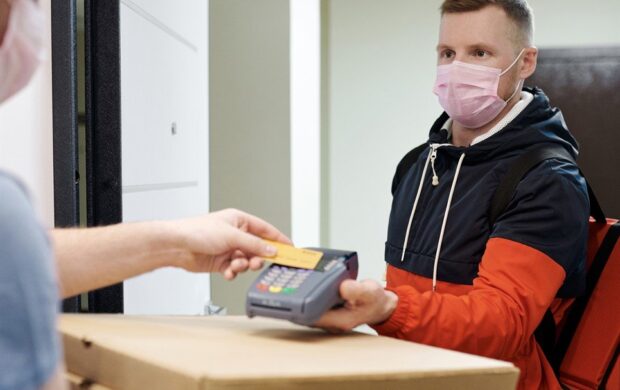

Join discussion